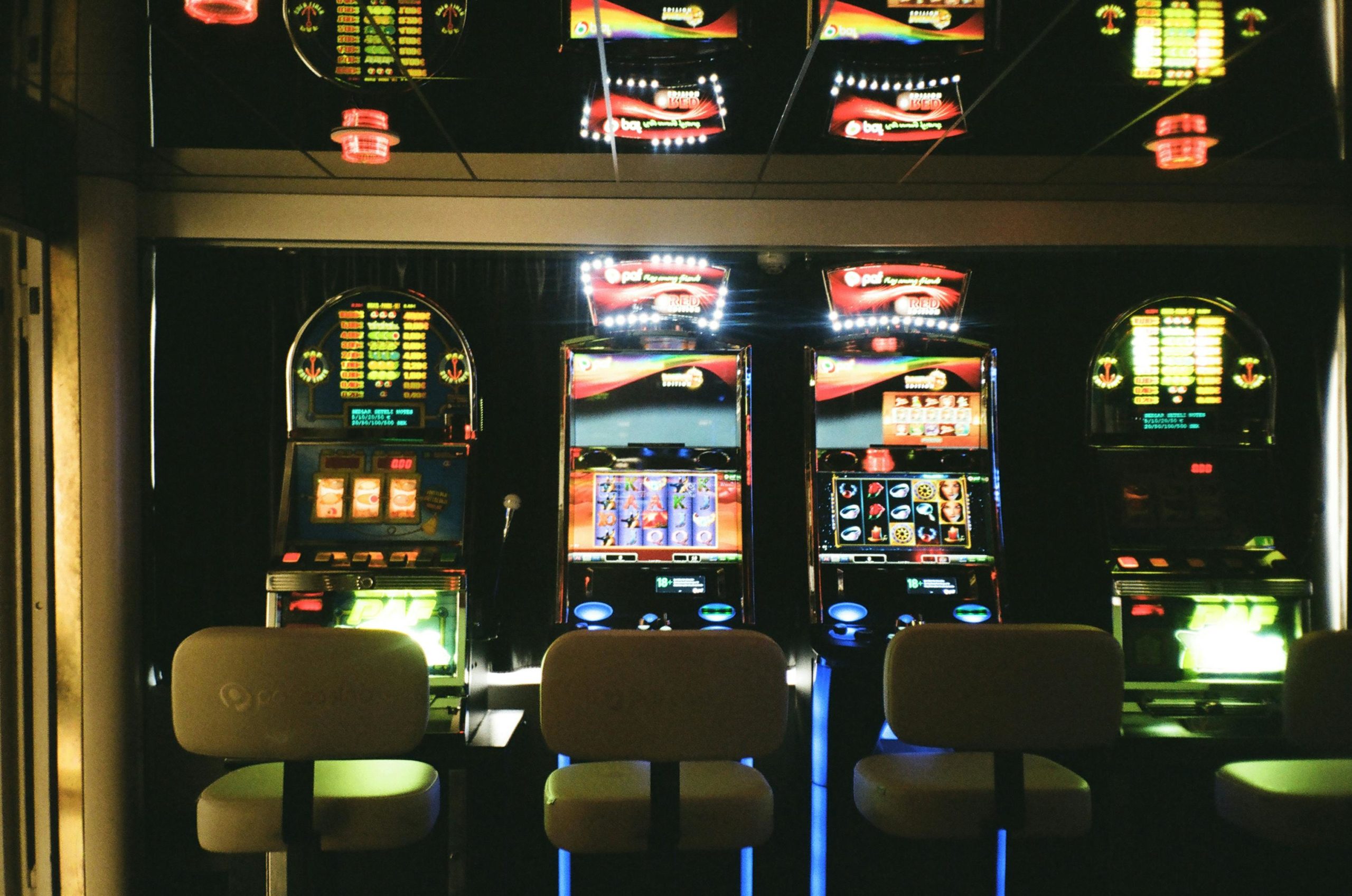Guide to Online Gambling Laws in Scandinavia

No matter how many differences various online casinos may have from each other, one thing they have in common is having to follow the gambling laws set out by their home country’s gambling authority. The situation is no different in Scandinavia since each country there has to follow a set of laws that regulate how they work too.
Over the years, Scandinavia’s approach to online gambling has evolved completely, allowing each country to implement its own unique set of regulations. Below we will discuss the differences between key markets there, focusing on each country’s key regulations, consumer protections, and licensing requirements.
Norway
The Norwegian Gaming and Foundation Authority regulates gambling in Norway. However, Norway has not approved online gambling in the same way as the other two countries. This is because, in Norway, online gambling remains a state monopoly and has not been approved for private operators. However, this has led to what many players consider to be an overly restrictive approach, leading to the allure provided by offshore sites.
It’s important to note that Norsk Rikstoto and Norsk Tipping are the only licensed operators in Norway that can provide the service of online gambling. However, players are allowed to use offshore and international sites that do allow Norwegian players to use their services and many of them do.
According to betting expert Thomas Groenvold, many online casinos in Norway that are considered to be the best are actually offshore sites that feature a variety of features that local operators can’t compete with. These include perks like being able to bet with cryptocurrency, better bonuses, and faster payouts.
As a final point of interest, one of the best parts about online gambling laws in Norway is that Norwegian players are not taxed on their online winnings.
Denmark
Online gambling was approved in Denmark in 2012, around this time, the Danish Gambling Authority had started issuing licences to both private and state-owned operators allowing them to provide legal online gambling services.
These operators need to obtain a licence to offer online gambling services such as card and table casino games, sports betting, and online slots. The process of obtaining a licence follows the procedure of doing a thorough background check, ensuring compliance with responsible gambling measures, and a financial stability assessment.
Licensed operators are also subjected to a 20% tax on their gross gaming revenue, though players are not taxed on their winnings.
Sweden
In January 2019, Sweden opened its online gambling market to private operators, which allowed both local and international companies to apply for licences under a regulated framework set out by the Swedish Gambling Authority.
Licensed operators in Sweden are subject to an 18% tax on their gross gaming revenue. However, players are also not taxed on their winnings.
Key Considerations for Players
Here are some key considerations for players to use when choosing to gamble online in Scandinavia.
- Check that the online casino is regulated and licensed by a relevant and trustworthy gambling authority.
- Check the payment methods offered by the online casinos as each casino may offer a variety of payment options, these can include using cryptocurrencies, credit and debit cards, or direct deposits.
- Ensure that the casino site you choose has a reliable customer service option. This also needs to be available to handle any issues that may arise. 24/7 customer service is ideal.
- Terms and Conditions: Always read the terms and conditions when playing at an online casino, especially if you are using a promo code or their welcome bonuses.
Conclusion
Laws in Scandinavia surrounding online gambling are put in place to protect players while ensuring that the market is regulated and fair. Since each country in Scandinavia has its own framework, their regulations differ. For example, Sweden and Denmark allow private operators to operate under strict regulations while Norway uses a state monopoly method.
Do You Want to Know More?
Related
I became a millionaire in my 20s but my sports…
Millions wagered, hundreds of thousands in debt and a pending divorce.Joe C, a native of Chicago, fell into the depths of addictive sports gambling at the age o
Strip executive retiring after 3 decades with gambling giant MGM…
A top executive who oversees multiple properties on the Strip, including one of Las Vegas Boulevard’s most recognizable and successful casino-hotels, is
Danish Government’s Success with Gambling Addiction
Gambling addiction is a growing concern worldwide, with many countries struggling to find effective ways to regulate the industry. Denmark, however, has e
UFC 313 Gambling Preview: Will Magomed Ankalaev end Alex Pereira’s…
Alex Pereira is back! On Saturday, Pereira puts his light heavyweight title on the line against Magomed Ankalaev in the main event of UFC 313. Before that, J












